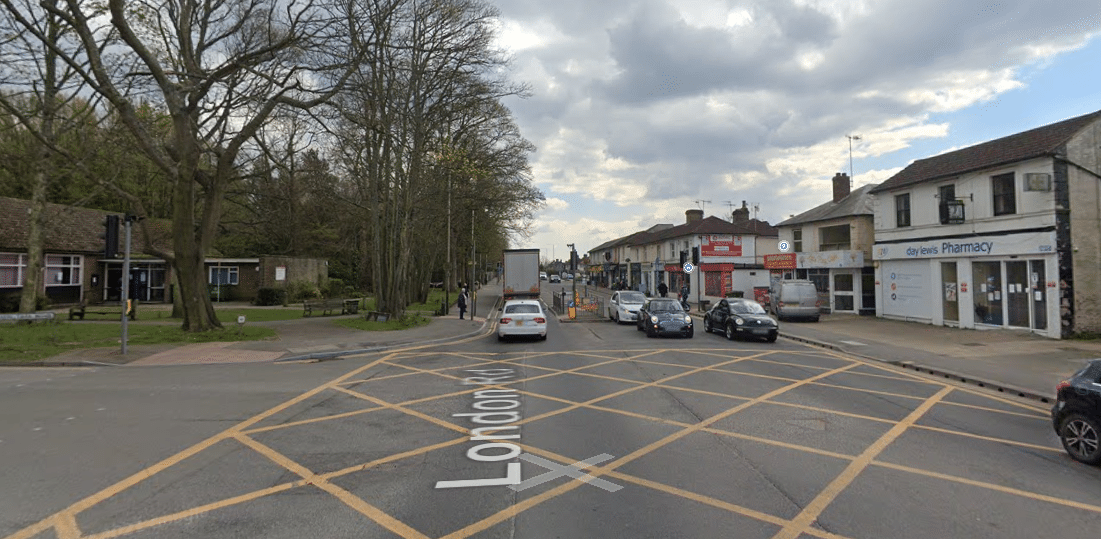MOTORISTS in Kent could face fines of up to £105 after the County Council were handed new powers that were only previously issued to the police.
Kent County Council (KCC) is one of 12 local authorities outside of London that applied to the Secretary of State last year for new powers under part six of the Traffic Management Act 2004, to enforce ‘moving traffic offences’.
These traffic offences include stopping in a yellow box junction, illegal U-turns and unauthorised driving into a bus lane.
Initial plans from KCC will see enforcement begin in Ashford, Dartford, and Maidstone, with plans to expand out to more sites later this year
The levels of fines are specified under the 2004 Act, and range from £20 for low-level offences paid quickly, to £105 for late payments of more serious offences.
However, the Government does expect councils to issue a warning notice for first-time offenders before a fine is issued.
In 2020, the RAC “expressed concern” that local authorities would use their powers to use enforcement as revenue and found that councils in London and Cardiff, who already have civil enforcement powers, generated almost £60million from traffic penalties in 2018/19.
KCC said the money generated by the fines will be used, after operational costs, for highway improvement projects, which will either improve road safety, tackle network congestion, increase public transport reliability, improve air quality, or increase the lifespan of highway assets.
This new transfer of control comes after the Department for Transport (DfT) in 2020 said it would be implementing new regulations to give local authorities traffic enforcement powers.
Among its most controversial new rules, the Government has proposed stopping newly-licensed drivers under 25 from carrying passengers below the same age.
The probationary measure is said to reduce the risk of accidents and make roads safer for all, but critics have said the new rules deprive motorists of the freedom that driving provides.
In response to the fuel crisis in 2022 and cleaner air policies, the Government is also considering allowing fuel tankers to carry more fuel than the current 44-tonne limit, while also bringing in a Zero Emission Vehicle mandate to promote the use and manufacturing of electric vehicles before the new petrol-and-diesel car ban comes into force in 2030.








